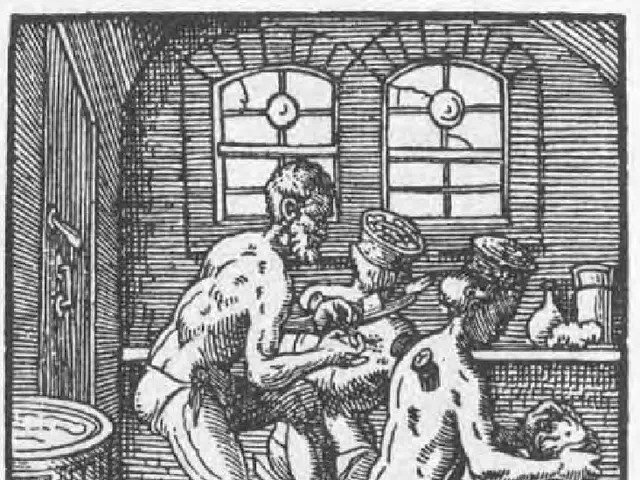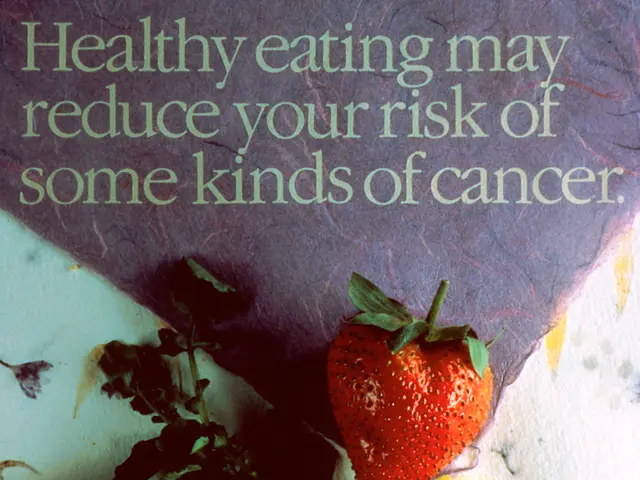Exploring Coffee Consumption: Could it potentially decrease the chances of Colon Cancer?
In a groundbreaking study published in the International Journal of Cancer, researchers from the World Cancer Research Fund (WCRF) found that consuming four cups of coffee daily could potentially lower the risk of colorectal cancer recurrence by 32%. The study involved 1,719 participants with colorectal cancer in its early stages.
The protective effects of coffee consumption may stem from several factors, such as reduced oxidative stress, improved gut bacteria, inhibited tumor growth, and protection against non-alcoholic fatty liver disease.
Interestingly, the study also noted differences between caffeinated and decaffeinated coffee. While caffeinated coffee appeared to have a higher risk of rectal cancer, this association was not seen with colon cancer. This finding suggests that the body may process the two types of coffee differently.
Regarding prevention, people can help reduce their risk of colorectal cancer by engaging in regular physical activity, eating a nutritious diet, and avoiding tobacco and alcohol use.
In line with these findings, a review of ongoing research suggests that both caffeinated and decaffeinated coffee could confer benefits related to colorectal and rectal cancer risk and outcomes. However, the International Agency for Research on Cancer (IARC) has found no clear association between coffee intake and cancer at any body site. It has been proposed that protective effects are attributed to polyphenols and other bioactive compounds in coffee, rather than caffeine itself.
A practical recommendation to optimize colorectal cancer survival involves adopting a diet rich in whole grains, coffee, milk, and dietary calcium, while avoiding excessive refined grains, high-fat dairy, smoking, and sedentary behavior.
While the exact mechanisms are still being studied, these findings support coffee as a beneficial component of a diet aimed at cancer prevention and survivorship. More research may clarify the specific roles of each coffee type and the underlying mechanisms.
- The study in the International Journal of Cancer found that consuming four cups of coffee daily could potentially lower the risk of colorectal cancer recurrence by 32%.
- The protective effects of coffee consumption may be attributed to polyphenols and other bioactive compounds, according to a review of ongoing research.
- In contrast to colorectal cancer, the study found that caffeinated coffee may have a higher risk of rectal cancer, while this association was not seen with colon cancer.
- Adopting a diet rich in whole grains, coffee, milk, and dietary calcium, while avoiding excessive refined grains, high-fat dairy, smoking, and sedentary behavior, could optimize colorectal cancer survival and support a diet aimed at cancer prevention and survivorship.




